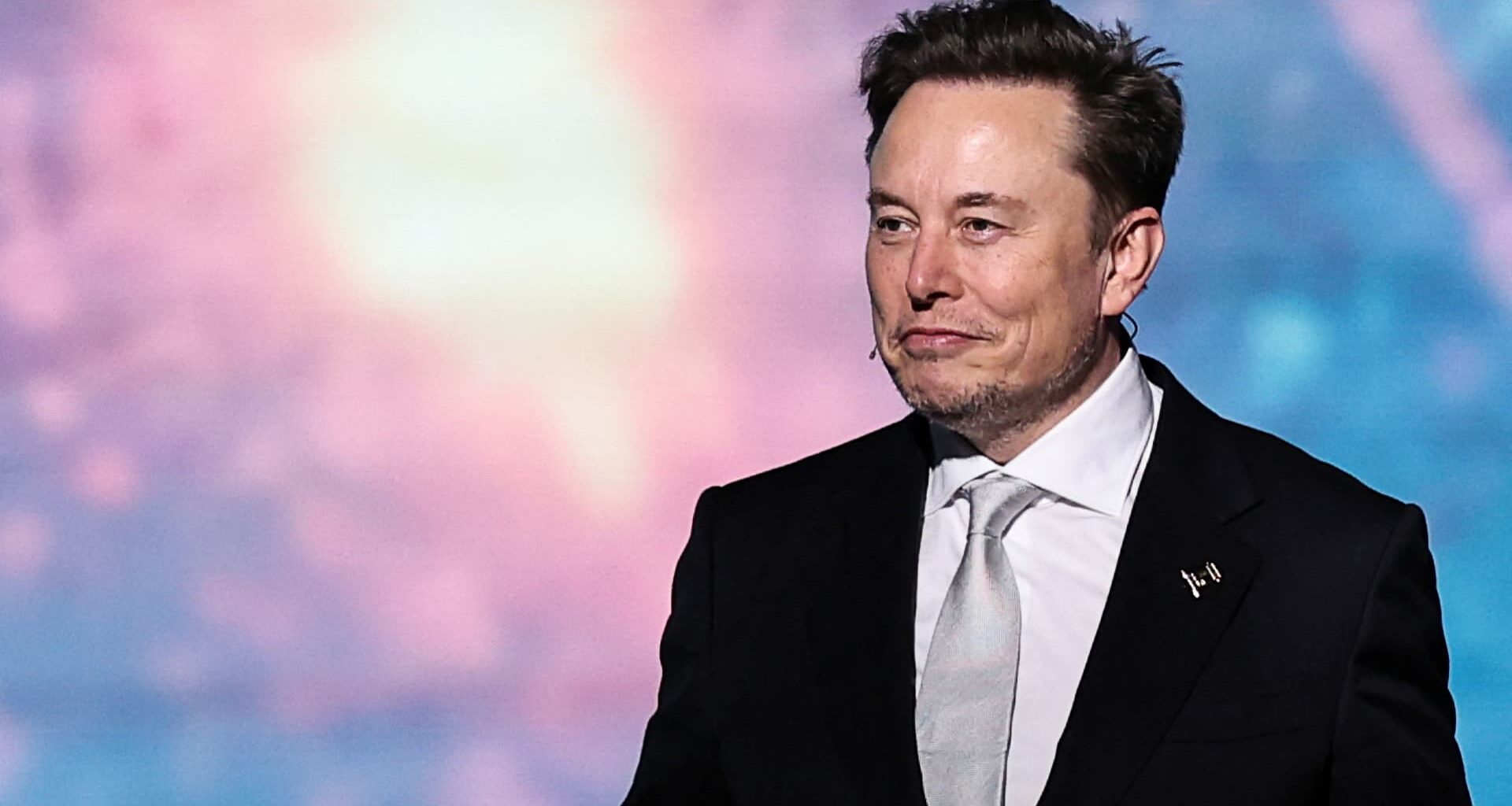Tesla CEO Elon Musk attends the Saudi-U.S. Investment Forum, in Riyadh, Saudi Arabia, May 13, 2025.
Hamad I Mohammed | Reuters
Tesla CEO Elon Musk says the company will likely need to build a “gigantic” semiconductor fabrication plant to keep up with its artificial intelligence and robotics ambitions.
“One of the things I’m trying to figure out is — how do we make enough chips?” Musk said at Tesla’s annual shareholders meeting Thursday.
Tesla currently relies on contract chipmakers Taiwan Semiconductor Manufacturing Company and Samsung Electronics to produce its chip designs. Musk said he was also considering working with U.S. chip company Intel.
“But even when we extrapolate the best-case scenario for chip production from our suppliers, it’s still not enough,” he said.
Tesla would probably need to build a “gigantic” chip fab, which Musk described as a “Tesla terra fab.” “I can’t see any other way to get to the volume of chips that we’re looking for.”
Microchips are the brains that power almost all modern technologies, including everything from consumer electronics like smartphones to massive data centers, and demand for them has been surging amid the AI boom.
Tech giants, including Tesla, have been clamoring for more supply from chipmakers like TSMC — the world’s largest and most advanced chipmaker.
According to Musk, Tesla’s potential fab’s initial capacity would reach 100,000 wafer starts per month and eventually scale up to 1 million. In the semiconductor industry, wafer starts per month is a measure of how many new chips a fab produces each month.
For comparison, TSMC says its annual wafer production capacity reached 17 million in 2024, or around 1.42 million wafer starts per month.
While Tesla doesn’t yet manufacture its own microchips, the company has been designing custom chips for autonomous driving for several years.
It is currently outsourcing production of its latest-generation “AI5” chip, which Musk said will be cheaper, power-efficient, and optimized for Tesla’s AI software.
The CEO also announced on Thursday that Tesla will begin producing its Cybercab — an autonomous electric vehicle with no pedals or steering wheel — in April.
Musk’s statements underscore Tesla’s shift into AI and robotics — industries the CEO sees as the future of the global economy.
“With AI and robotics, you can actually increase the global economy by a factor of 10, or maybe 100. There’s not, like, an obvious limit,” Musk said at the shareholder meeting.

